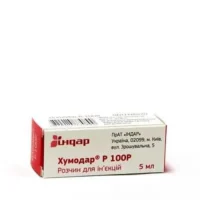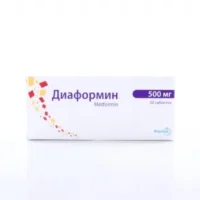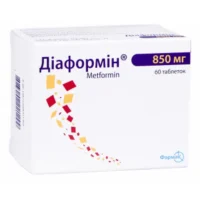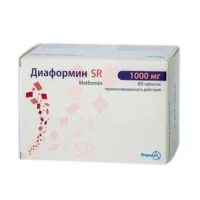Description
Novocarnitin 3000 10 ml. vials №20
Ingredients:
Novocarnitin 3000 contains L-carnitine, an amino acid derivative crucial for transporting fatty acids into mitochondria for energy production.
Dosage:
The recommended dosage of Novocarnitin 3000 is determined by a healthcare professional and is typically given via intravenous infusion or intramuscular injection.
Indications:
- Novocarnitin 3000 is used to treat carnitine deficiency, certain genetic disorders, and as supportive therapy in cardiovascular diseases.
Contraindications:
- Avoid Novocarnitin 3000 if allergic to any ingredients. Consult a healthcare provider before starting this medication.
Directions:
Novocarnitin 3000 should be administered by a healthcare professional following proper dilution and administration guidelines, with aseptic techniques.
Scientific Evidence:
Studies indicate L-carnitine supplementation, like in Novocarnitin 3000, may enhance exercise performance, muscle recovery, and energy levels. It shows promise in certain cardiac conditions.
Additional Information:
Novocarnitin 3000 is well-tolerated with minimal side effects when used correctly. Proper vial storage and usage instructions are crucial for maximum effectiveness.





